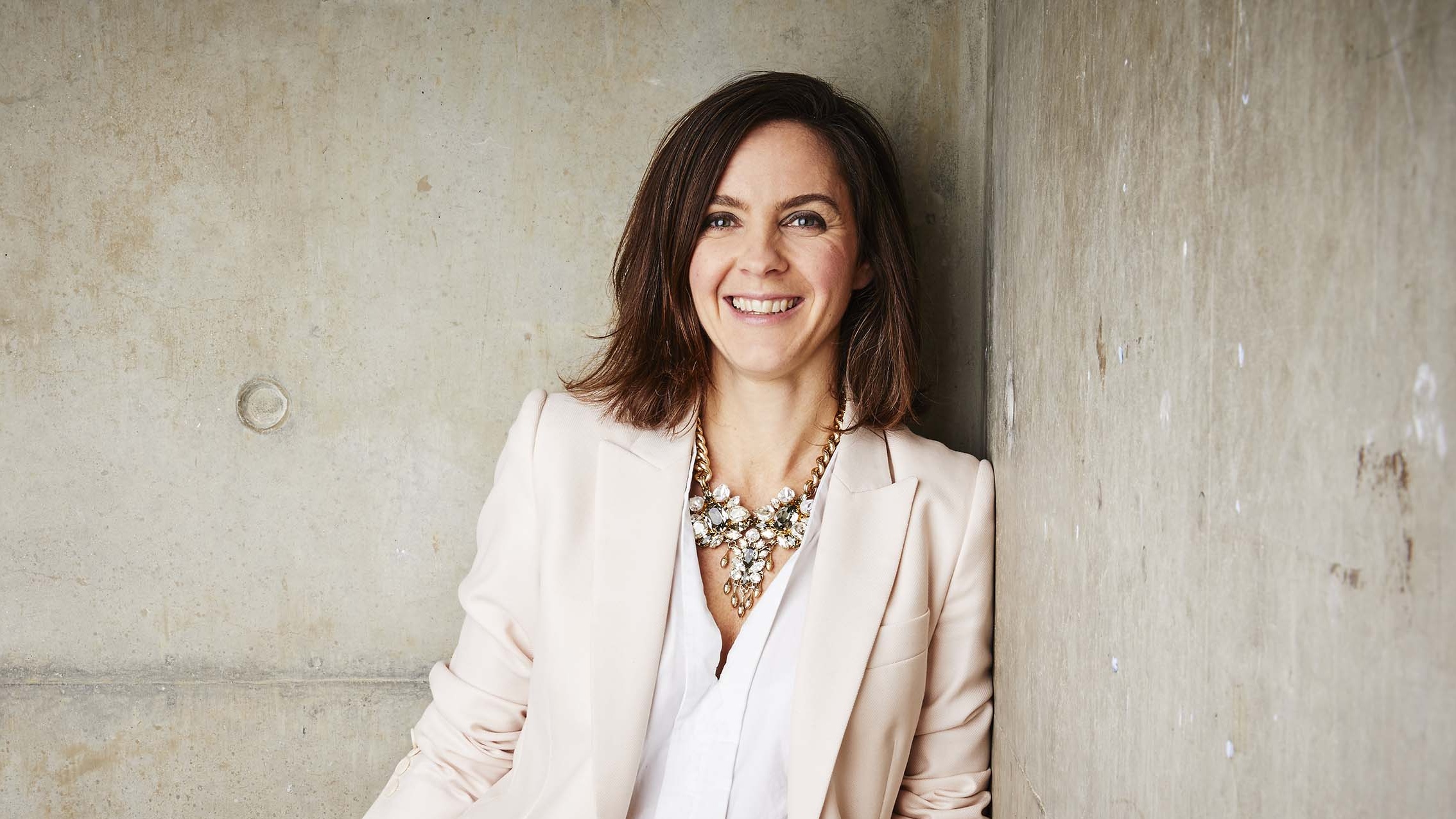British Pubcasters Demand Prominent Placement on U.K. Set Tops, Consoles, Smart TVs
By Stewart Clarke
LOS ANGELES (Variety.com) – Tensions between Britain’s pubcasters and digital and tech giants intensified Monday as the BBC and Channel 4 demanded that their content get better positioning on smart TVs and connected devices. chief Alex Mahon said that, together with the , she would call on the British government to ensure that all relevant devices sold in the U.K. give the public-service broadcasters a prominent position on the first page of their user interface.
Mahon told Variety in May of her concern over the placement of public-service broadcasting, or PSB, content on new platforms and devices. On Monday, she spoke on the matter at an event in Parliament. BBC director general Tony Hall, who has been vocal in warning of the threat he feels that FAANGs pose to homegrown content, also spoke. He said the current rules are “from another age” and called for “protected PSB prominence on the first page for any significant device.”
Noting that a third of British households have an Amazon or Netflix subscription and over three-quarters have a smart TV, Mahon said viewer choice on digital platforms and devices is being driven by “commercial, paid-for relationships.”
“Many of the providers of these streaming sticks or set-top boxes also provide their own content offerings, which of course come front and center,” she said. “This is all unregulated with no proviso for PSB at all.”
The issue for Channel 4 and the BBC is that, while the manner in which content is presented on traditional electronic program guides is regulated, the same is not true for newer digital services.
Mahon told the parliamentary event that the problem is acute in terms of news, where content from untrustworthy sources can be prioritized above that from the likes of the BBC, Channel 4 or Sky. “That could have huge ramifications for our democracy if left unchecked,” she said. “We need to think through carefully who are approved and verified news providers in these environments, with PSB chief amongst them, given our duties for quality, research and impartiality.”
There is increasing friction between the traditional broadcasters and new entrants. The BBC, commercial broadcaster ITV, and satcaster Sky have all railed against the FAANGs, which are making bold plays in content and programming that are not subject to the same regulation. At the same time, however, the streamers are also proving valuable co-production partners for British broadcasters and keen buyers of programming from their sales arms.
The incumbents have put aside their usual battles with each other to fight the FAANGs, along the lines of the adage that “my enemy’s enemy is my friend.” The commercial arms of the BBC and ITV have already teamed up on the BritBox SVOD service, and there is talk of a U.K. streaming service from the BBC, ITV, Channel 4, and NBCUniversal as the traditional players grapple with the new landscape.
The BBC, ITV, Channel 4 and network operator Arqiva also said Monday that they would sink another £125 million ($141 million) into the free-to-air digital platform Freeview. The investment will fund a new mobile app and voice search among other updates. Digital U.K. operates Freeview, and in the funding announcement made note of recent Ofcom findings that “highlighted challenges created by new players such as Netflix and Amazon, calling for more industry collaboration to maintain the prominence of PSB.”

